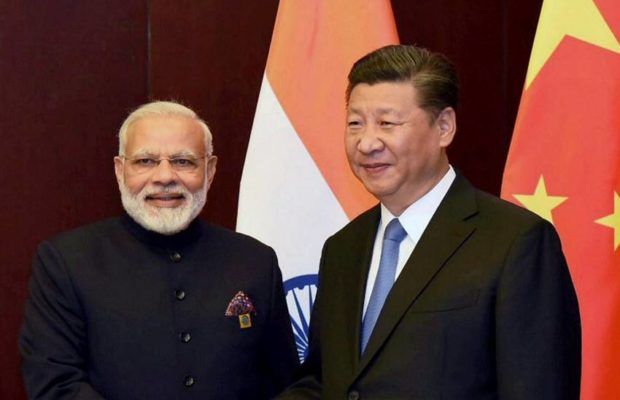Finland Aims to Reduce Economic Reliance on China

Finland is ready to reexamine its dependency on China which supplies the nation with half of the mobile phones and two-thirds of the laptops, YLE reported based on the Finnish Foreign Ministry.
Nina Vaskunlahti, the Finnish Foreign Ministry's Under-Secretary of State, aims to gain a better understanding and encourage more discussion on China's impact, according to her interview on Yle's Radio on Friday.
Finland's exports to China amount to approximately four billion euros, making up about five percent of the country's total trade.
The decision would require Finland to find alternative raw material sources and Vaskunlahti thinks the solution might be in increasing component production in Finland and more self-sufficiency.
“Any disruption of imports from China would soon be reflected on commerce and industry, especially as shortages of mobile phones, laptops, other electronic devices, and batteries,” said the Finnish government in a press release on Friday. “It would not be possible to quickly pivot to alternative sources of imports especially if many countries were affected simultaneously by the disruptions.”
She also highlighted the significance of the green transition and the commitment to reducing emissions, citing energy dependence lessons learned after Russia's attack on Ukraine.
Of the 30 EU Commission's critical raw materials, 19 are largely found only in China, while 14 critical minerals can be found in Finland.
Imports from China support over 15,000 person-years of employment, with an even greater indirect impact through subcontracting chains, according to reports. The majority of exports to China are from large companies with a focus on the industrial sector.
The turnover of Finnish subsidiaries operating in China is significant, and exports to China are very profitable for Finnish companies, resulting in significant investments in Finland as well.
Nina Vaskunlahti said though it needs to be re-examined, trade dependency with China is mutually beneficial.
"However, we must remain open to global trade and cooperation. We must remember that not all dependency is harmful," she told Yle radio.



